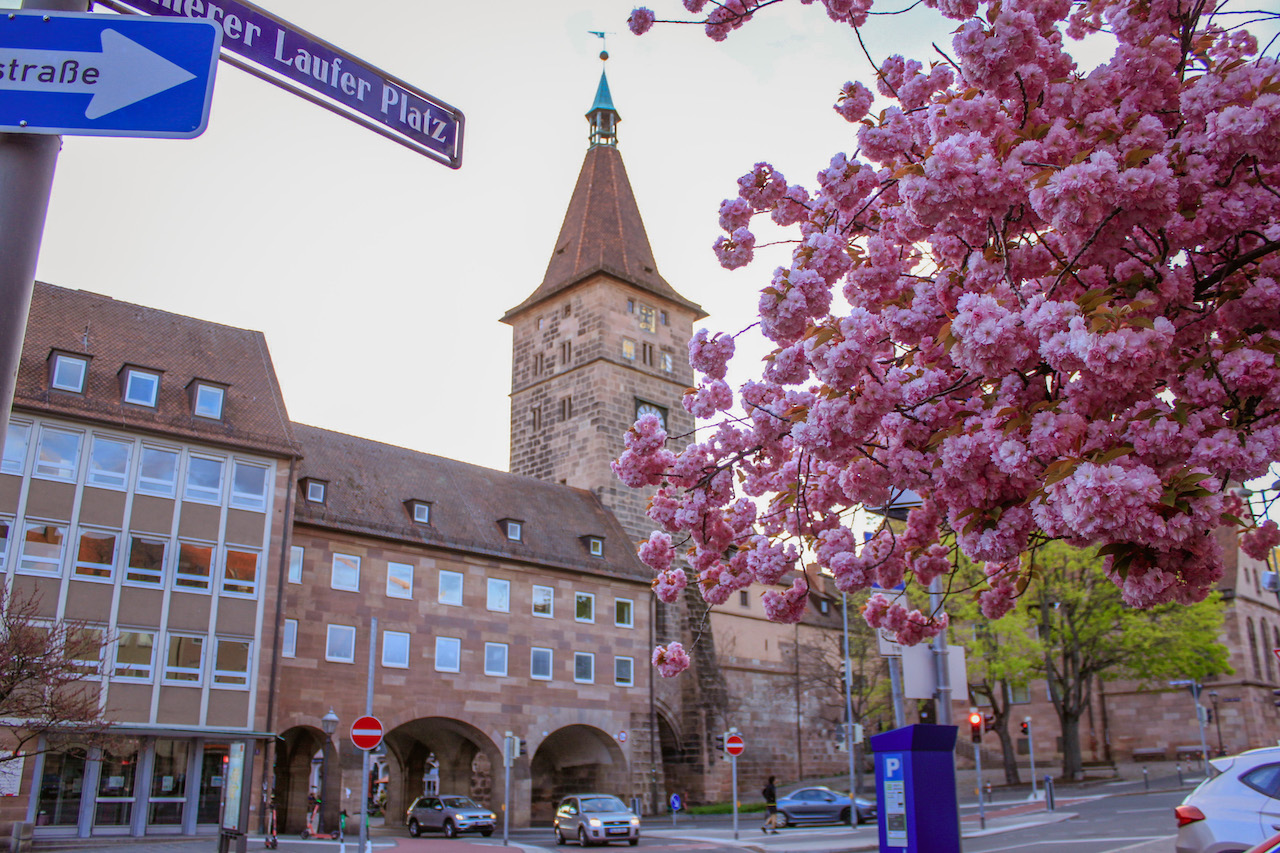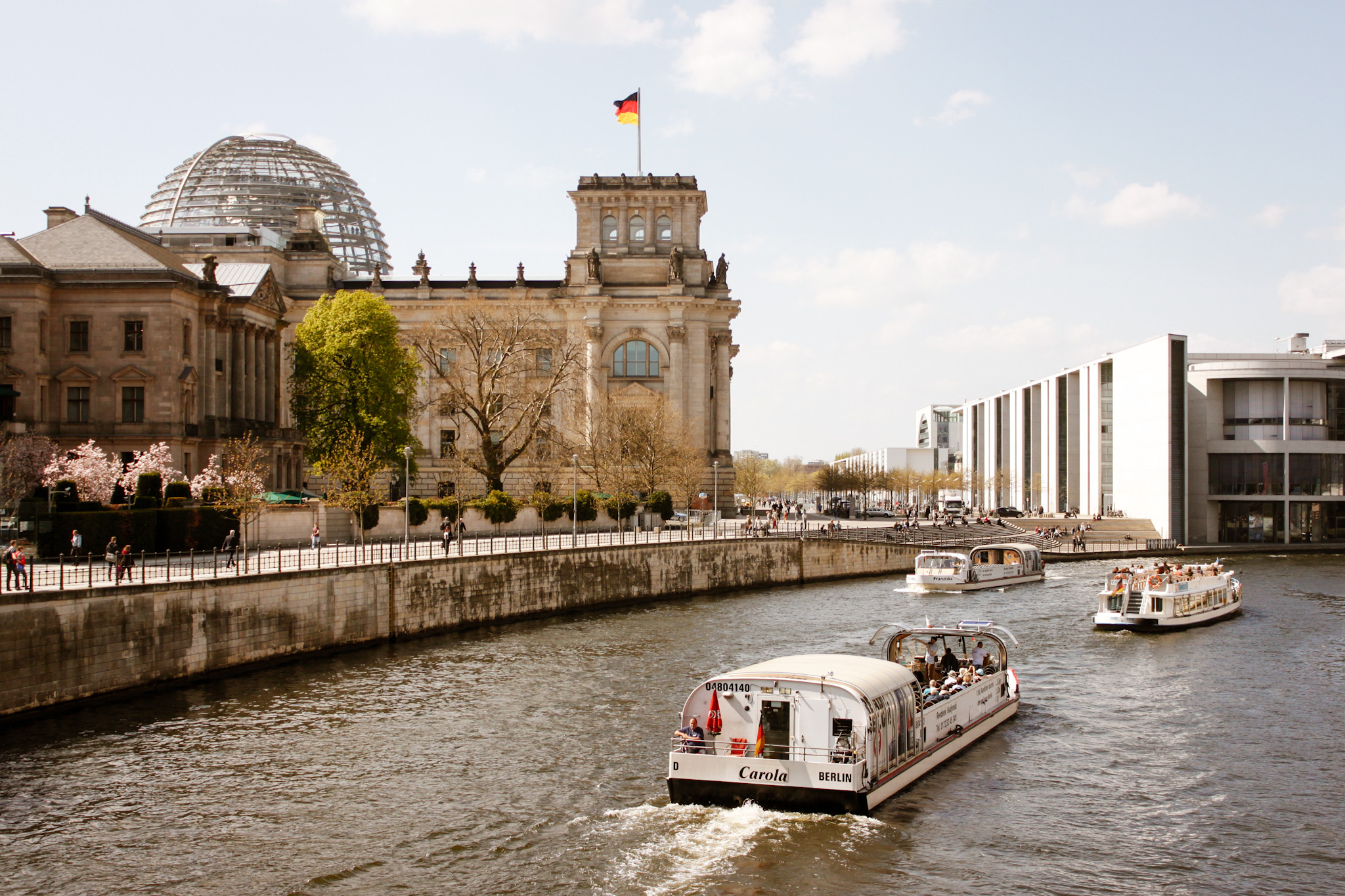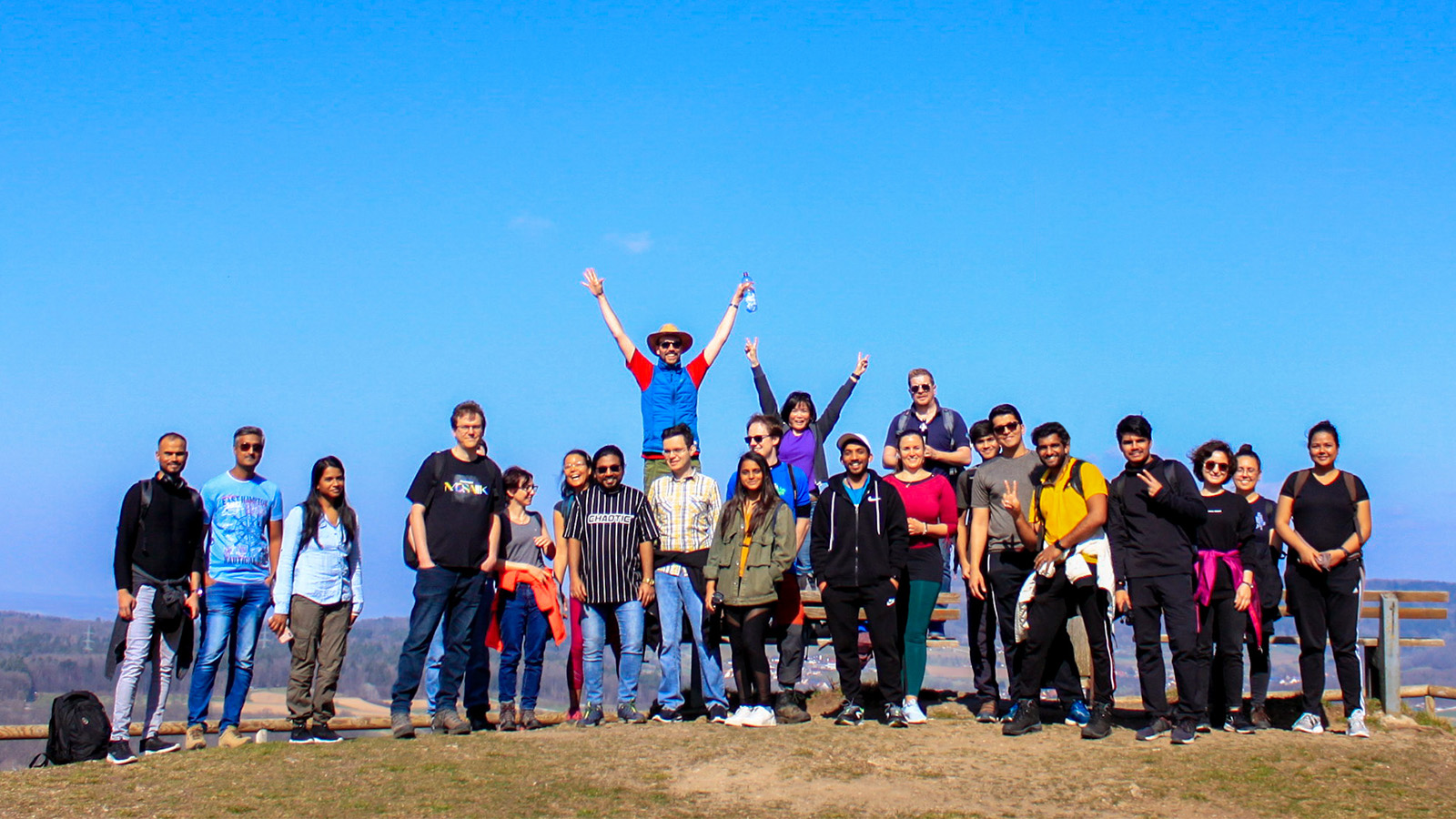The Federal Ministry of the Interior has recently unveiled a draft law on Friday, May 19, 2023, designed to modernise Germany’s citizenship law, marking a significant reform initiative by the federal government. The proposed legislation, now open for feedback from states and associations, seeks to enable dual citizenship and simplify the process of acquiring German citizenship.
Reduced Waiting Period and Exceptional Cases
Under the new law, the waiting period for naturalisation would be reduced from eight years to five years as the standard requirement, with the possibility of shortening it to as little as three years for individuals demonstrating exceptional integration efforts.
Nancy Faeser, the Bundesinnenministerin (Federal Minister of the Interior), expressed her enthusiasm for the proposed changes, stating, “I am thrilled that the new citizenship law will allow us to address one of the most crucial progressive issues within the Ampel coalition. We aim to empower individuals who have become integral parts of our society to actively shape our country’s democratic landscape. Countries like Canada have demonstrated the significance of this perspective in attracting the skilled workforce we desperately need.”
Embracing Diversity and Honouring Contributions
The proposed legislation acknowledges the desire of many immigrants to maintain connections with their countries of origin while embracing their German identity. Consequently, the draft law permits dual citizenship, providing individuals with the option to retain their original nationality alongside German citizenship. Furthermore, the reduction of the naturalisation period from eight to five years reflects a commitment to recognising the contributions and aspirations of those who have integrated into German society. In exceptional cases where individuals exhibit exceptional integration achievements, such as advanced German language proficiency, outstanding professional accomplishments, or voluntary engagement, the waiting period can be further shortened to three years.
The draft law also emphasises the significance of honouring the immense contributions of the guest worker generation, whose efforts have significantly contributed to Germany’s development. To alleviate integration challenges they have faced historically, the proposed legislation eliminates the need for written language proof and the citizenship test. Instead, proving oral proficiency in the German language will be sufficient.
Upholding Democratic Values
In addition to facilitating naturalisation pathways, the draft law underscores the importance of a commitment to Germany’s liberal-democratic values as a prerequisite for citizenship. It explicitly states that acts motivated by racism, anti-Semitism, xenophobia, or any form of contempt for humanity are incompatible with the guarantee of human dignity enshrined in the Basic Law for the Federal Republic of Germany. The law also includes provisions to ensure that citizenship authorities are informed of crimes committed with motives rooted in contempt for humanity.
Enhancing Integration and Participation
Moreover, the draft law addresses the economic aspect of citizenship by emphasising the requirement for individuals seeking naturalisation to be economically self-sufficient. Exceptions are made explicit in the law, benefiting groups such as guest workers who arrived before 1974, contract workers who entered the former German Democratic Republic (GDR) before 1990, and families with minor children where one spouse or registered partner is employed full-time.
Celebrating Citizenship
To celebrate the significance of citizenship and foster a sense of inclusion, the draft law suggests conducting public citizenship ceremonies whenever possible. These ceremonies would serve as a momentous occasion for those who have successfully acquired German citizenship, enabling them to participate fully in political life while symbolising unity and national pride.
Moving Forward
The release of the draft law marks an essential step toward modernising Germany’s citizenship law to better meet the needs and aspirations of individuals with an immigration background. It aims to create a more inclusive society where individuals feel a strong sense of belonging while upholding the country’s liberal-democratic principles.
Please note that this article is based on the provided press release and may contain information subject to verification and updates as the legislative process progresses.


















